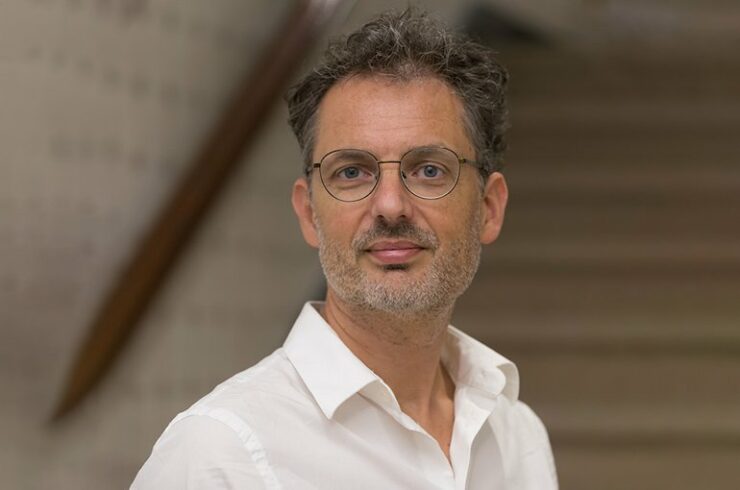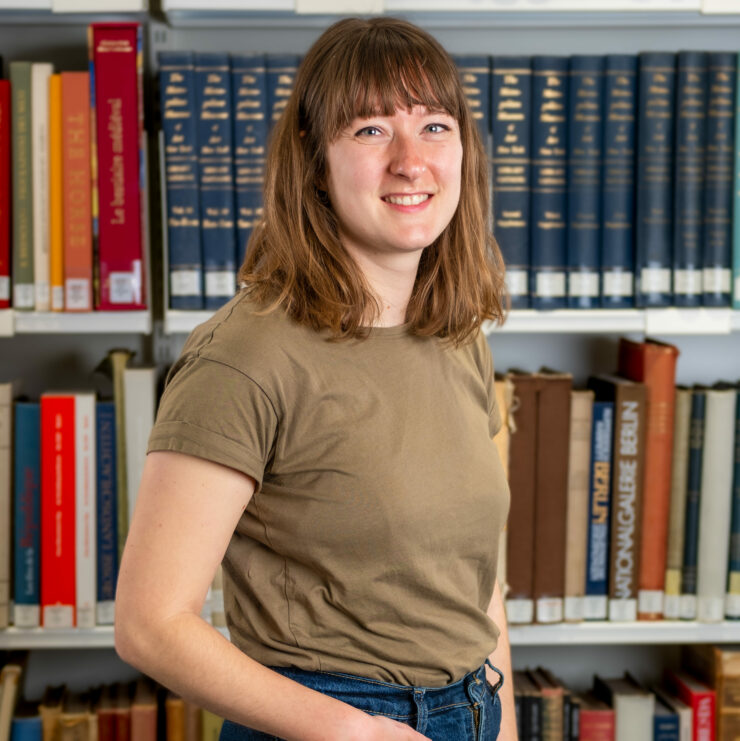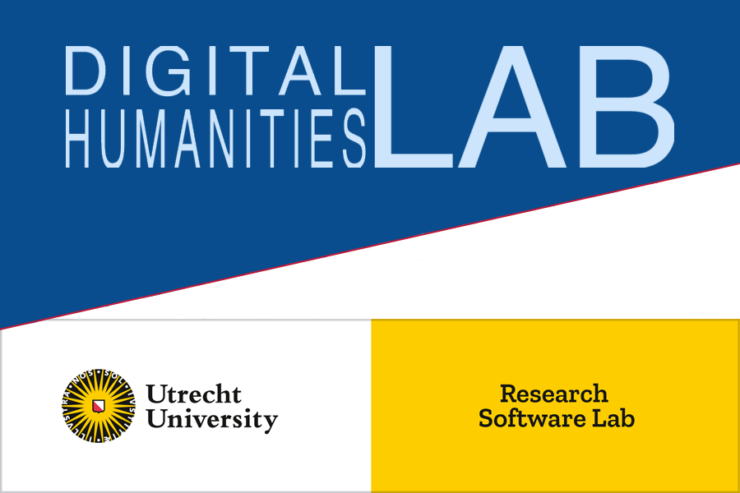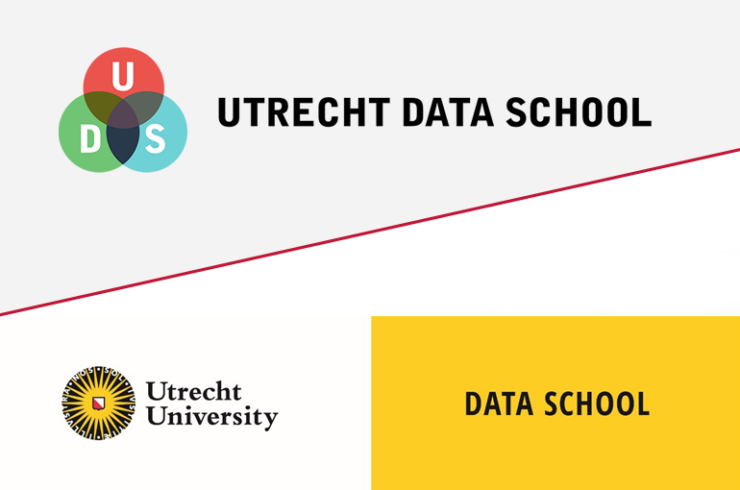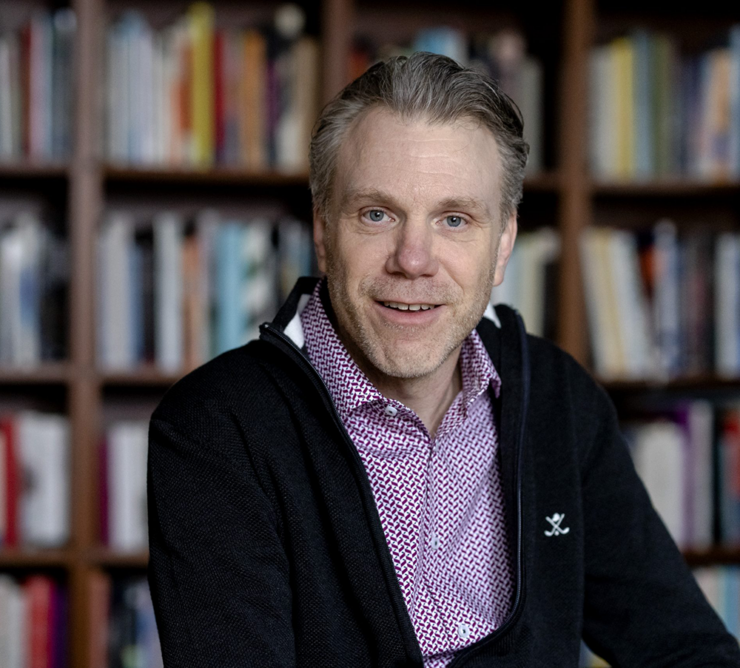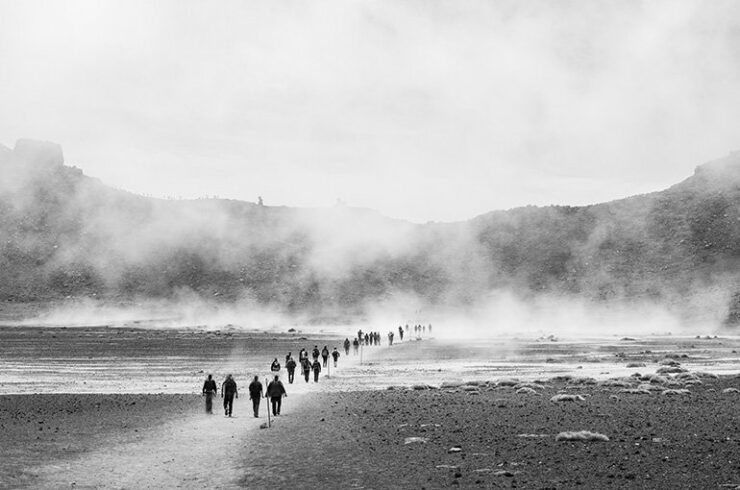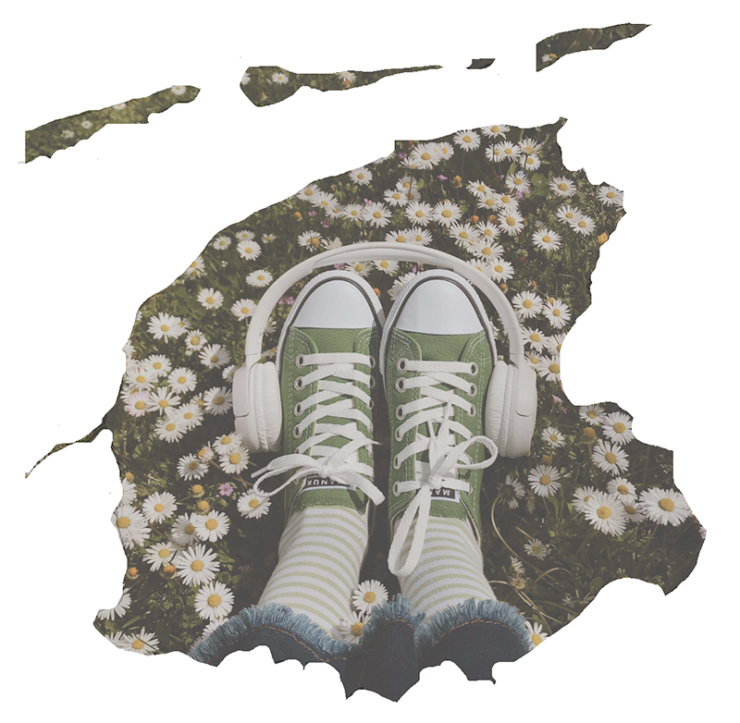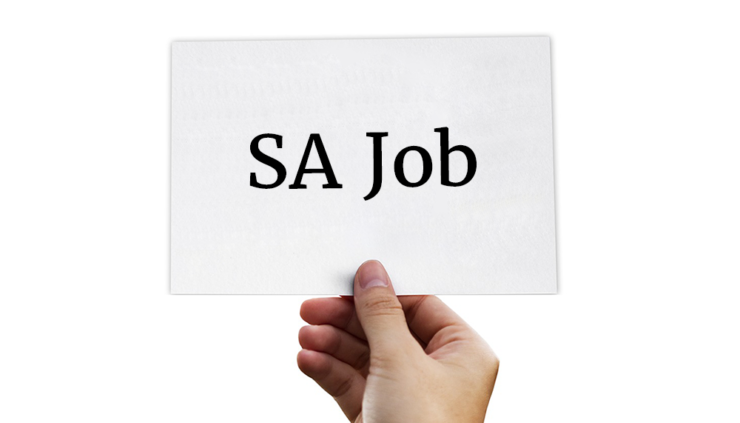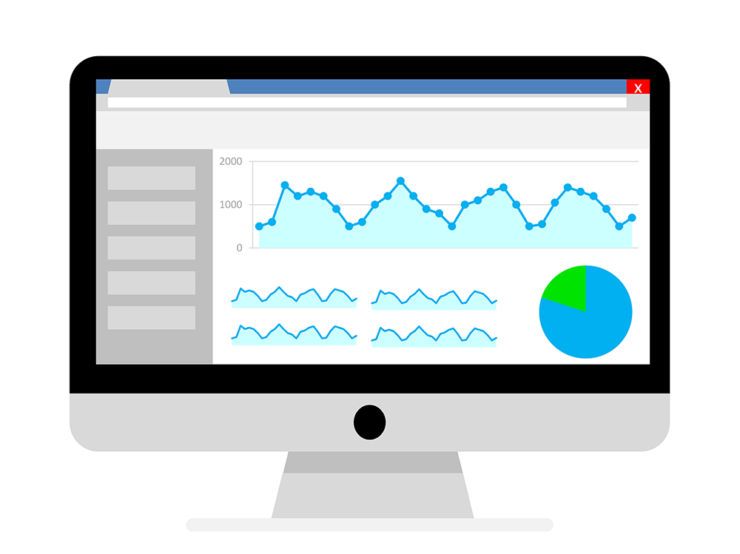Antal van den Bosch new chair Domain SSH and member of NWO’s Executive Board
Professor Antal van den Bosch, Strategic Advisor at the Centre for Digital Humanities, is appointed new chair of the Domain Social Sciences and Humanities (SSH) and also a member of the Dutch Research Council (NWO) Executive Board as of 1 July, 2023. Read more
Trouw interview with Iris Muis
In December 2022, the Algorithm Register (algoritmeregister) was established in the Netherlands to map all automated selection processes used by the government. However, it still doesn’t work as intended. The Dutch newspaper spoke with Iris Muis, Lead Operation at Data School, about data ethics, the Fundamental Rights & Algorithms Impact Assessment (FRAIA), a tool that
New name for Digital Humanities Lab: Research Software Lab
From 1 May 2023 onwards, the Digital Humanities Lab, part of the Centre for Digital Humanities, will continue under the name: Research Software Lab. Why ‘Research Software Lab’? The reason for the new name is to provide more clarity about the various parts that fall under the Centre for Digital Humanities (CDH) of Utrecht University.
New name for Utrecht Data School: Data School
From 1 May 2023 onwards, the Utrecht Data School will have a new name and logo. Utrecht Data School will continue under the name Data School and the logo will be adapted to Utrecht University’s latest style guidelines. Why ‘Data School’? Utrecht University’s brand policy stipulates that names of organisational units may no longer contain the
Mirko Schäfer member of new advisory committee for governmental institutions
On March 17, 2023, the Analytics Advisory Committee (Adviescommissie Analytics) has officially started. This committee, consisting of academics and experts, will provide solicited and unsolicited advice to the Ministry of Finance, the Tax Administration, Customs and Service Surcharges on how to deal with risk models and algorithms. Risk models and algorithms can increase efficiency and
Research Software Lab collaborates on new interactive platform for researching historical Jewish migration data
To further map the mechanisms and underlying structures of Jewish migration in Europe, the new project ‘Interactive Geo-Spatial Platform for Modelling Jewish Historical Migration’ has been launched. This project has been awarded a FAIR IT Grant. Professor of Late Antiquity Leonard Rutgers, master’s student Stefan Dingemans and developer Tijmen Baarda (Centre for Digital Humanities) will together shape the new
Interview with Edo Storm, winner of the Digital History Thesis Award 2023
Edo Storm used a combination of computational methods and close reading to conduct research into the history of the term ‘the West’. It earned him this year’s Digital History Thesis Award. Storm: ‘I wouldn’t have seen the big overarching narrative without this computational method.’ Fellow students sometimes joked about him and his ‘digital stuff’ when
Launch of the Frisian dialects project
The Digital Humanities Lab, together with a group of researchers from Utrecht University and Fryske Akademy, launched the Frisian dialects application to collect Frisian language data in an online experiment in the form of a game. The Frisian dialects application, built by developer Ben Bonfil, tests the knowledge of language variation within Frisia (Northern part
Student-assistent gezocht bij Centre for Digital Humanities (0,2 – 0,3 fte)
Binnen de geesteswetenschappen wordt steeds meer gebruik gemaakt van gedigitaliseerde data en tools om deze data te bewerken en analyseren. Om onderzoek en onderwijs op dit gebied te ondersteunen is aan de faculteit Geesteswetenschappen van de Universiteit Utrecht een Centre for Digital Humanities (CDH) ingericht, waarmee bestaande activiteiten versterkt en gebundeld worden. Zo worden in het Research
CDH awarded two FAIR Research IT Innovation Grants
The Centre for Digital Humanities (CDH) has been awarded two FAIR Research IT Innovation Grants. These will allow the CDH to host its own server instance of 4CAT, a webbased toolkit enabling researchers and students to collect and process social media data in a well-secured virtual self-service setting, as well as the addition of a
As a humanities scholar, are you struggling with your quantitative research design?
Statistical Advisor Kirsten Schutter organizes ‘Quantitative research design meetings’ in March, April and May. These meetings are intended for staff at the Faculty of Humanities who are interested in or are struggling with the quantitative component of their research designs. During this meetings, researchers can present and discuss their ideas. According to textbooks on research methodology, doing quantitative
Centre for Digital Humanities zoekt full-stack ontwikkelaar (0,8 – 1,0 fte)
Het Centre for Digital Humanities (CDH) zoekt een full-stack ontwikkelaar voor het Portal Development onderdeel (PortalDev). PortalDev is een klein team van developers dat verantwoordelijk is voor het onderzoeken, ontwerpen, bouwen en beheren van uiteenlopende portals en andere toepassingen ten behoeve van de onderzoeks- en onderwijsinfrastructuur van de faculteit Geesteswetenschappen. Reageren kan tot en met


